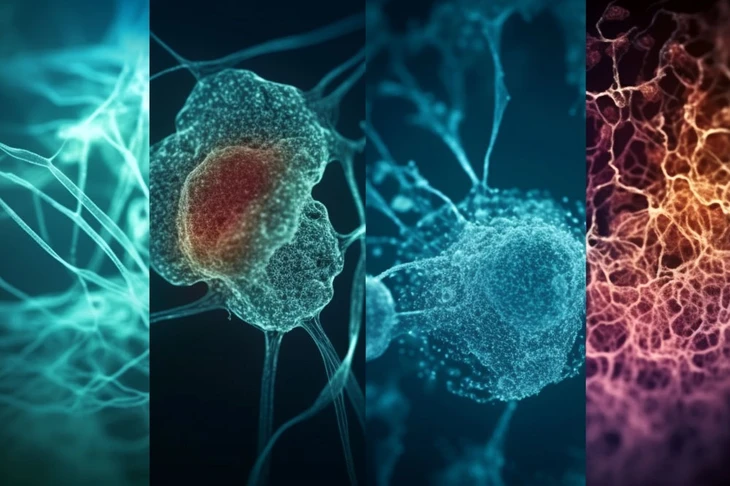
McGill University's AI tool can detect subtle pathological markers hidden deep in cells - Illustration: urologiasanrafael.com
Researchers at McGill University (Canada) have just developed a new artificial intelligence (AI) tool capable of detecting invisible disease markers inside individual cells, opening up the prospect of earlier diagnosis and more accurate treatment options for patients.
The tool, called DOLPHIN, is described in a study published in the journal Nature Communications. According to the authors, this method could help doctors reduce the "trial and error" in treatment by identifying the most suitable therapy for each patient.
Disease markers often appear as subtle changes in RNA expression that reflect the presence, severity, or response to treatment of disease. Traditional analysis methods only summarize at the gene level, leaving many important signals obscured.
DOLPHIN uses AI to analyze in detail how small segments called exons connect to each other, revealing genetic markers that have been overlooked.
"Genes are not just one block, but more like Lego blocks made up of many small pieces. By looking at how the pieces are connected, our tool uncovers important disease markers that have long been overlooked," said lead author Kailu Song, a PhD student.
In one trial, DOLPHIN analyzed single-cell data from pancreatic cancer patients and detected more than 800 disease markers that conventional tools missed. This allowed the system to differentiate patients with aggressive, high-risk cancer from those with less severe disease, key information that helps doctors tailor treatment plans.
In addition to its immediate application value, the work also lays the foundation for the long-term goal of building virtual cell models. The detailed single-cell profiles that DOLPHIN creates can serve to simulate cell behavior and drug response, before entering laboratory or clinical trials, saving significant time and costs.
The next step, the team said, will be to extend the tool's application to millions of cells, thereby creating more accurate virtual cell models in the future.
Source: https://tuoitre.vn/ai-nhin-xuyen-te-bao-phat-hien-hang-tram-dau-an-ung-thu-vo-hinh-20251005202703229.htm








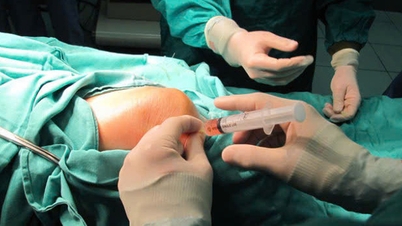
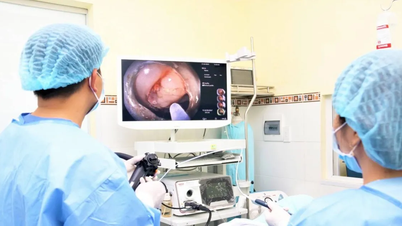

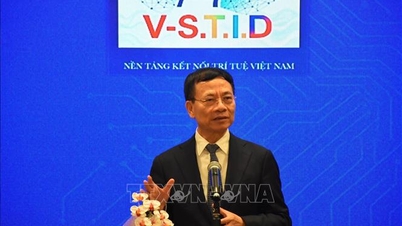

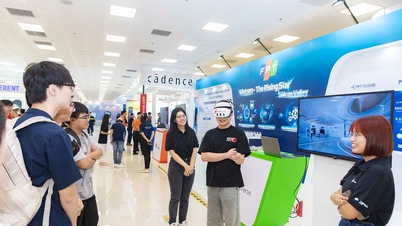


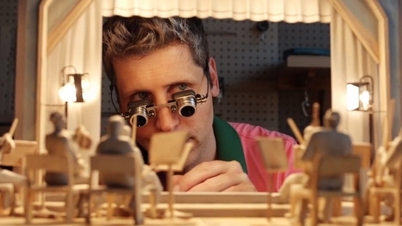
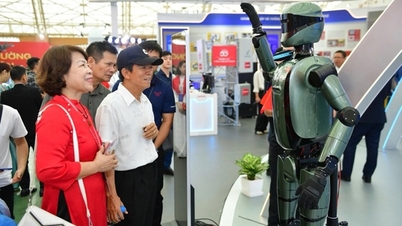


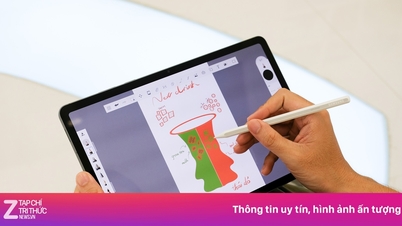
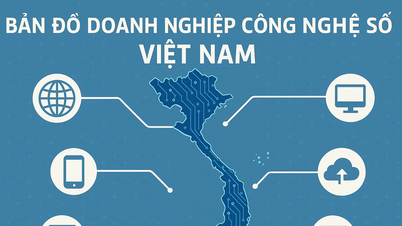


















































































Comment (0)